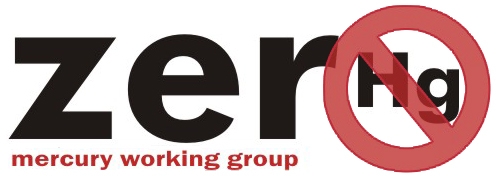At its fifth meeting, which took place from 30 October to 3 November 2023 in Geneva, Switzerland, the Conference of the Parties to the Minamata Convention on Mercury adopted decision MC-5/3 requesting the Secretariat to: (a) initiate a study of the global supply, production, trade and use of mercury compounds; and (b) present the report to the Conference of the Parties at its sixth meeting for consideration.
The draft study was developed by the Secretariat in response to the above-mentioned request and posted on the website on 12 February 2025. Parties and stakeholders have been invited to submit comments and input by Wednesday, 5 March 2025.
In its input, the Zero Mercury Working Group appreciates the study’s thorough research and valuable insights. The findings confirm concerns that mercury compounds are widely traded, used in manufacturing, and easily converted into elemental mercury, undermining the Minamata Convention’s goals. Some of these compounds are also used in banned products like mercury-added skin lightening products (SLPs).
The study highlights about 20 key compounds, focusing on those already listed in regulations or frequently traded. However, past experience shows that banning specific compounds can lead to substitutions with other mercury-based alternatives, necessitating broader restrictions.
To effectively regulate mercury compounds, restrictions should target all non-allowed uses rather than just specific substances to close regulatory loopholes. The global trade in mercury compounds enables the continued production of SLPs, often across jurisdictions with little oversight. Ending this requires strict enforcement, shutting down production, and restricting trade. Stronger penalties for illegal mercury imports, including in free trade zones, and tracking end-use of exported mercury are crucial to ensuring compliance with the Convention.
The full input is accessible here: ZMWG Comments for mercury compounds study





